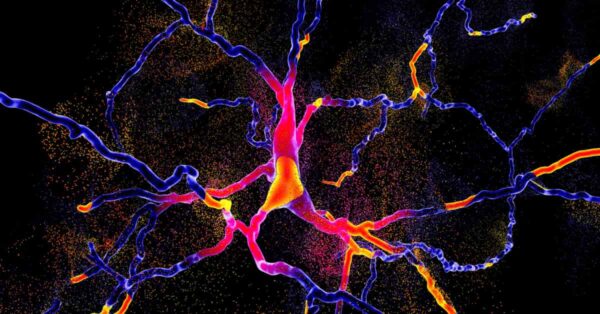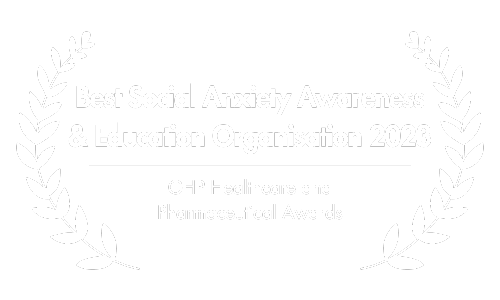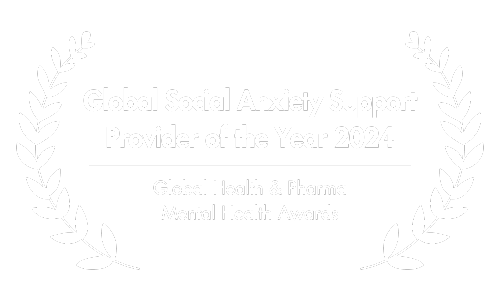Does Social Anxiety Get Worse With Age?
Social anxiety disorder (SAD) is an impressively common phenomenon. About 10% of people suffer from it at some point in their lives (Wittchen & Fehm, 2001). Usually, it begins during childhood or early adolescence.
Affected people rarely ask for help, with only one in five individuals ever receiving professional treatment (Grant et al., 2005).
This raises the question: What happens to those who remain untreated? Does social anxiety get worse with age?
Without appropriate treatment, social anxiety disorder is marked by high levels of persistence throughout the lifespan, especially when it begins during early childhood. With age, symptoms may fluctuate and decrease slightly, but for most people it remains a lifelong endeavor.
A large community sample of over 3000 adolescents and adults with SAD revealed that more than half of them were still affected ten years later (Beesdo-Baum, Knappe, Fehm, Höfler, Lieb, Hofmann, Wittchen, 2012).
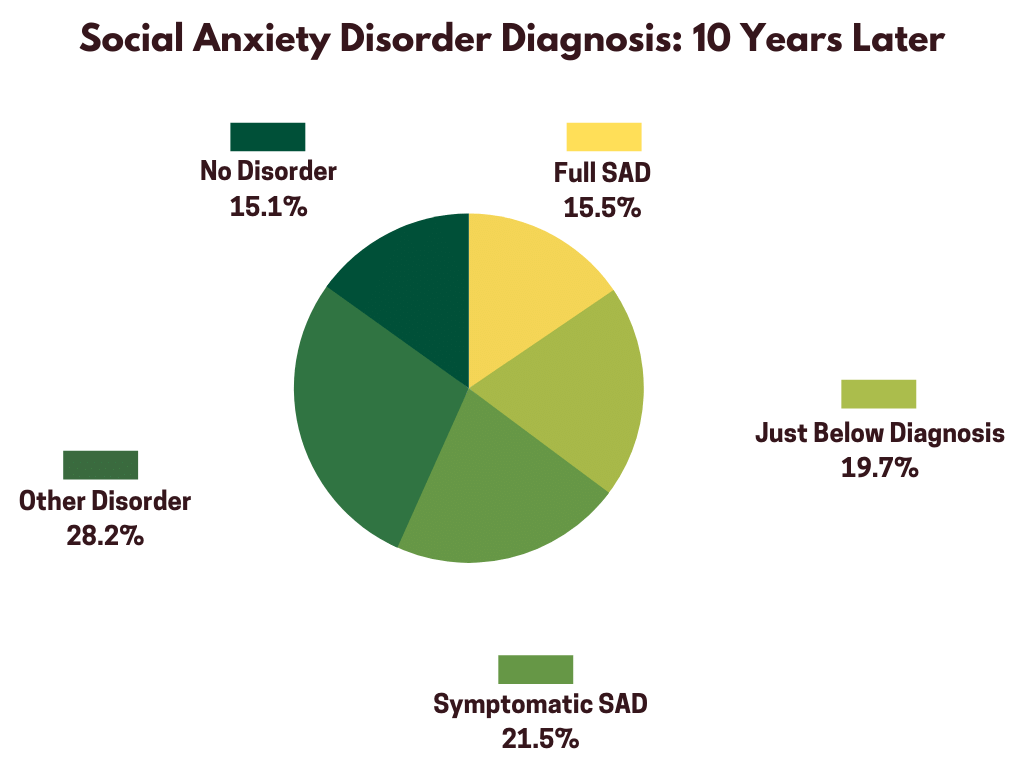
On a positive note, only about 15% still suffered from full blown social anxiety disorder.
However, 20% were just below the threshold for a diagnosis and an additional 22% still suffered from significant symptoms.
What is more, the remaining 28% met criteria for another mental health disorder.

This same study suggests that people with generalized SAD (anxiety in 3 or more different social situations) are especially likely to experience stability in their symptoms throughout their lives.
For this group of people, social anxiety may get worse with age, especially if they engage in strong avoidance behavior and lifestyle restrictions.
By refraining from seeking exposure to feared situations, their social anxiety is likely to grow over time.
The following factors have been linked to a persistent and stable course of SAD (Beesdo-Baum, Knappe, Fehm, Höfler, Lieb, Hofmann, Wittchen, 2012):
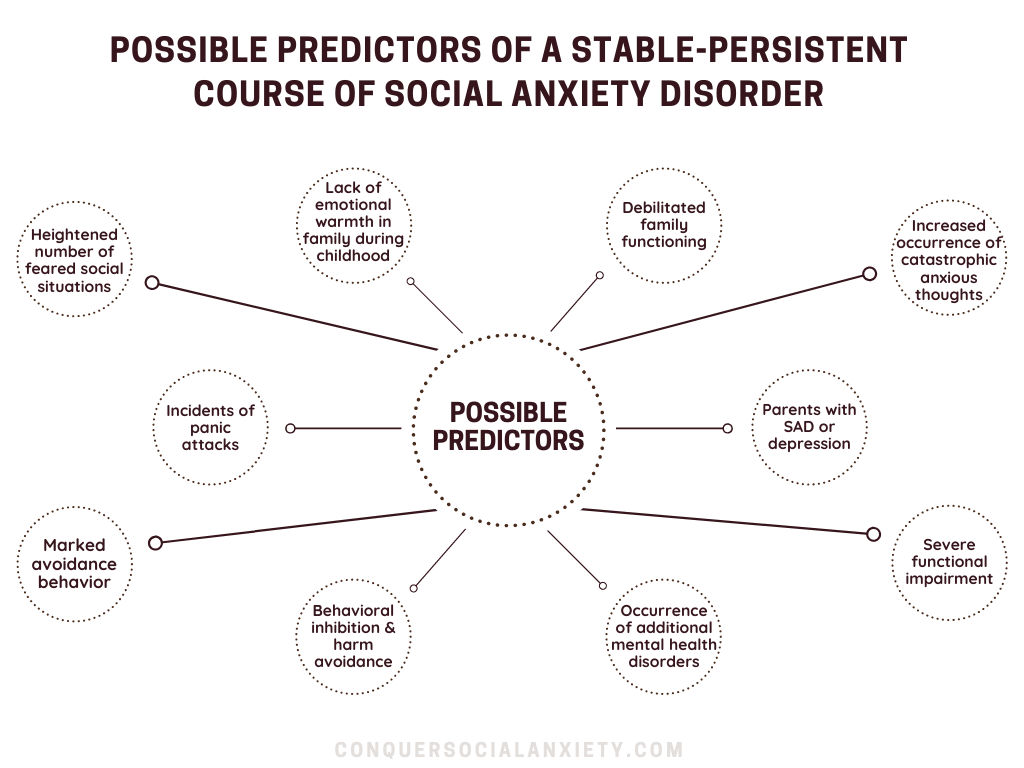
- Heightened number of feared social situations (generalized SAD)
- Increased occurrence of catastrophic anxious thoughts
- Marked avoidance behavior
- Severe functional impairment
- Occurrence of additional mental health disorders
- Incidents of panic attacks
- Parents with SAD or depression
- Behavioral inhibition & harm avoidance (precautious, avoiding, reserved temperament)
- Lack of emotional warmth in family during childhood (Knappe et al., 2009)
- Debilitated family functioning
For those individuals who stay socially anxious and develop one or several additional psychological conditions, social anxiety may get worse with age.
Among the most frequent consequences of stable SAD are depression and substance abuse (Sonntag, Wittchen, Höfler, Kessler, & Stein, 2000; Wittchen, 2000).
To learn more about what happens when social anxiety is left untreated, head over to our article “Is Social Anxiety Permanent?” and see our complete treatment guide to learn about available therapeutic approaches.
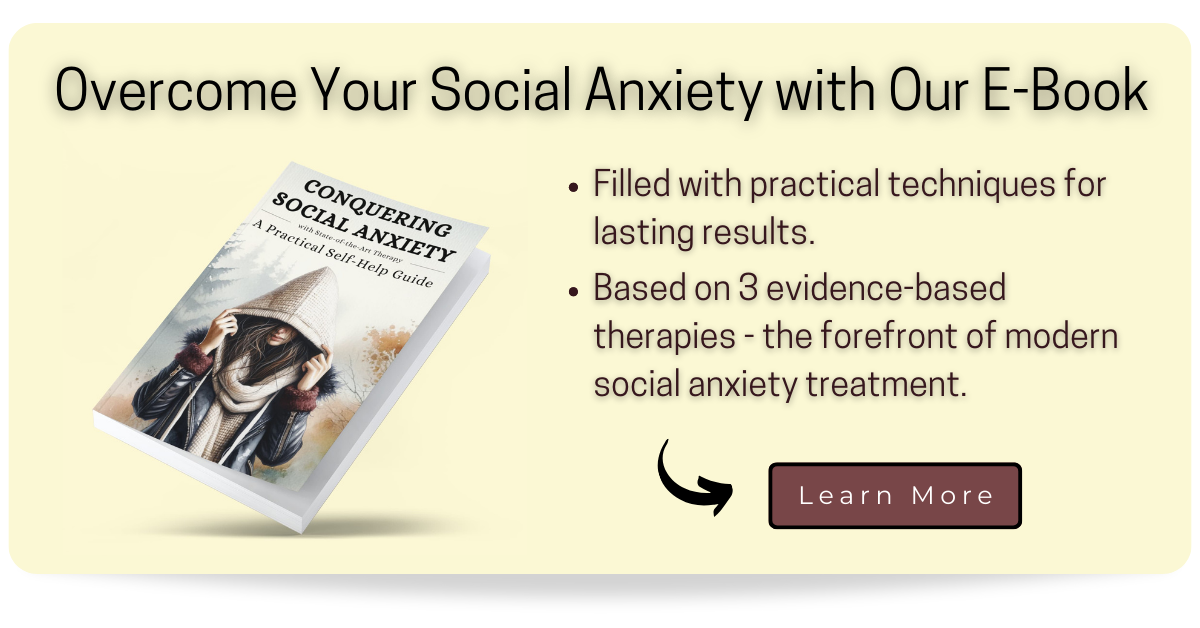
Beesdo-Baum, K., Knappe, S., Fehm, L., Höfler, M., Lieb, R., Hofmann, S. G., & Wittchen, H. U. (2012). The natural course of social anxiety disorder among adolescents and young adults. Acta psychiatrica Scandinavica, 126(6), 411–425. https://doi.org/10.1111/j.1600-0447.2012.01886.x
Knappe, S., Beesdo, K., Fehm, L., Höfler, M., Lieb, R., & Wittchen, H. U. (2009). Do parental psychopathology and unfavorable family environment predict the persistence of social phobia?. Journal of anxiety disorders, 23(7), 986–994. https://doi.org/10.1016/j.janxdis.2009.06.010
Grant, B. F., Hasin, D. S., Blanco, C., Stinson, F. S., Chou, S. P., Goldstein, R. B., Dawson, D. A., Smith, S., Saha, T. D., & Huang, B. (2005). The epidemiology of social anxiety disorder in the United States: results from the National Epidemiologic Survey on Alcohol and Related Conditions. The Journal of clinical psychiatry, 66(11), 1351–1361. https://doi.org/10.4088/jcp.v66n1102
Sonntag, H., Wittchen, H. U., Höfler, M., Kessler, R. C., & Stein, M. B. (2000). Are social fears and DSM-IV social anxiety disorder associated with smoking and nicotine dependence in adolescents and young adults? European Psychiatry, 15(1), 67–74. https://doi.org/10.1016/S0924-9338(00)00209-1
Wittchen H. U. (2000). The many faces of social anxiety disorder. International clinical psychopharmacology, 15 Suppl 1, S7–S12. https://doi.org/10.1097/00004850-200007001-00003
Wittchen, H. U., & Fehm, L. (2001). Epidemiology, patterns of comorbidity, and associated disabilities of social phobia. The Psychiatric clinics of North America, 24(4), 617–641. https://doi.org/10.1016/s0193-953x(05)70254-9
Share & Follow
[DISPLAY_ULTIMATE_SOCIAL_ICONS]
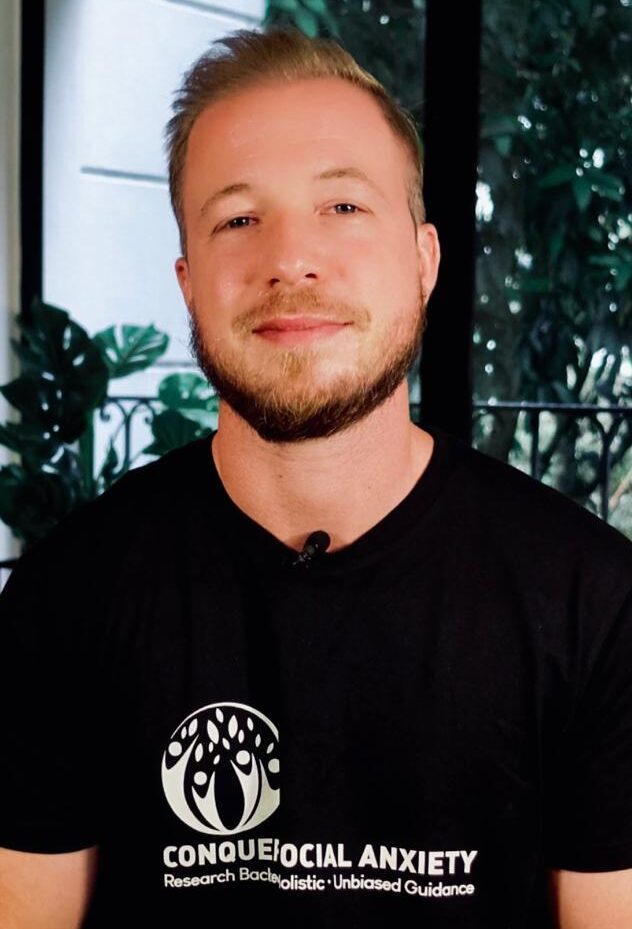
About the Author: Martin Stork
Martin is a professional psychologist with a background in physical therapy. He has organized and led various support groups for people with social anxiety in Washington, DC and Buenos Aires, Argentina. He is the founder of Conquer Social Anxiety Ltd, where he operates as a writer, therapist and director. You can click here to find out more about Martin.





